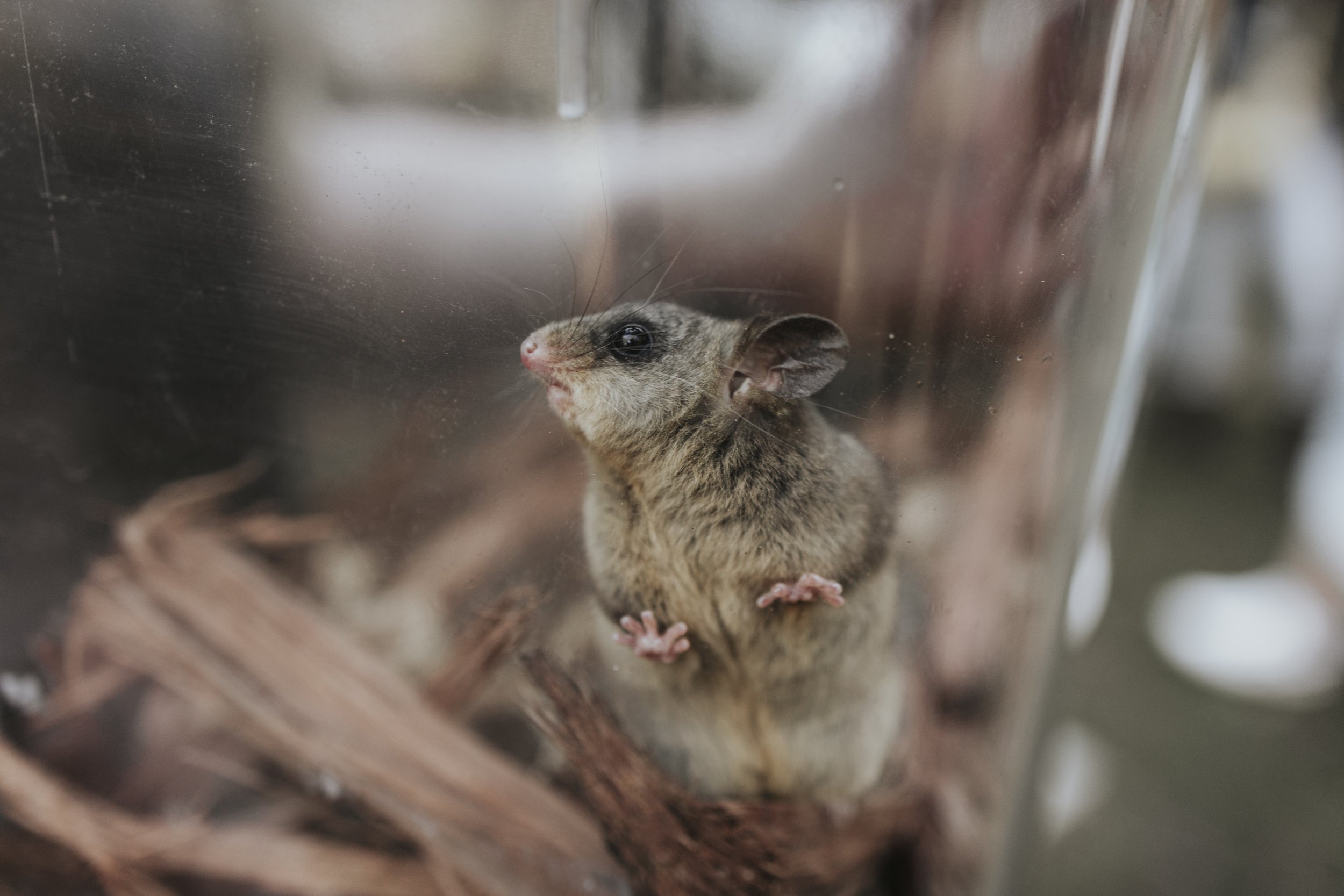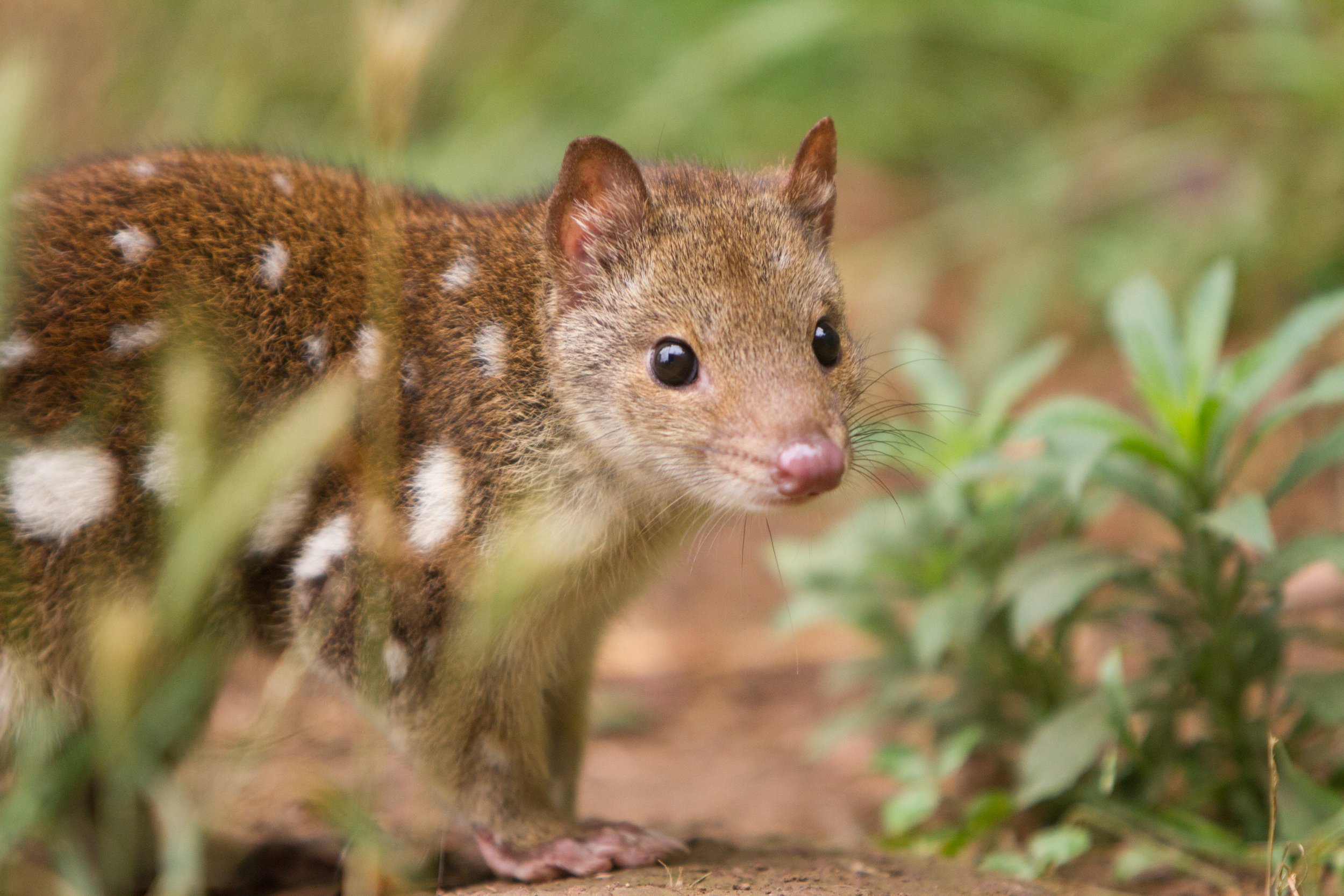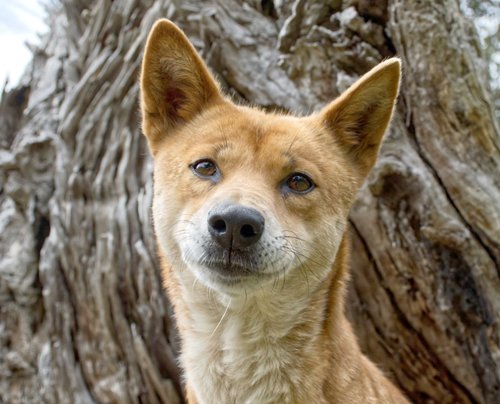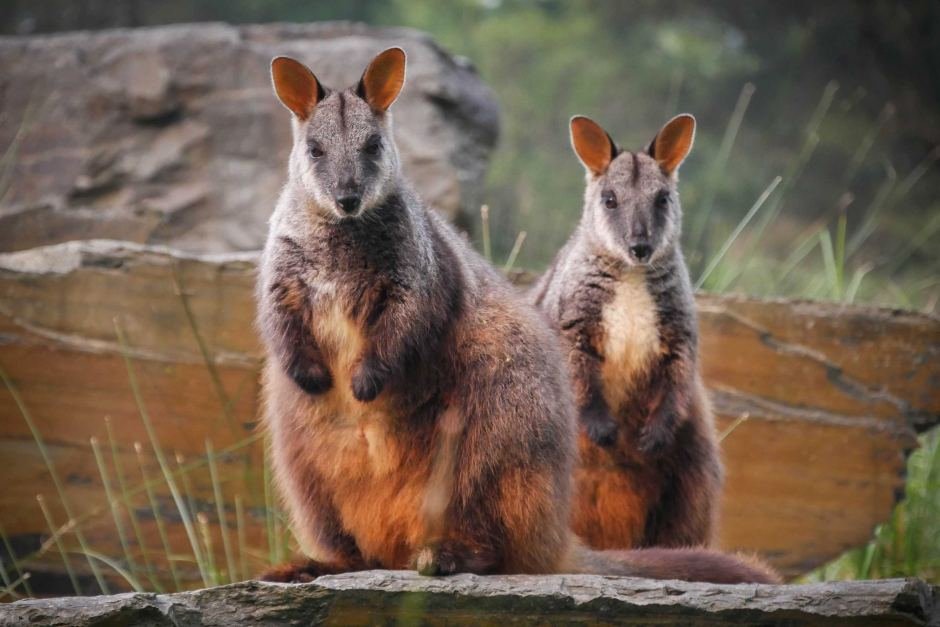
AEFI is dedicated to saving Australian wildlife by protecting habitats and maintaining natural ecological processes.
Our foundation
Australian Ecosystems Foundation is a not-for-profit registered environmental organisation dedicated to saving Australian wildlife by protecting habitats and maintaining natural ecological processes.
The AEFI Management Committee is made up of a variety of industry representatives including conservation biologists, tourism operators, research scientists, accountants, public servants, Indigenous teachers, farmers and business executives. This combination allows AEFI to manage its reserves and wildlife with a broad range of experiences, skills and knowledge on hand.
We manage or assist in the management of important habitats to ensure that whole ecosystems are protected, including the wildlife. We are involved in the management of over 3000 hectares of land as well as conducting research and captive breeding to improve the future for Australian endangered wildlife.
We currently reach thousands of people here and around the world who want to help save Australian wildlife, and our reach is rapidly building. With your help, we will continue to grow and protect more endangered ecosystems and wildlife across Australia.
We work with a range of partners to educate, inform and preserve. This includes government agencies, universities, and volunteer and community groups. By working together with other organisations we can share expertise and resources to increase the effectiveness of our conservation work, and it's sustainability.
Read our latest newsletter here!
Our reserves
The Australian Ecosystems Foundation Inc. currently owns, manages or assists in the management of thousands of hectares of land for wildlife conservation. These reserves have been identified as being of high conservation value due to factors such as their location, the number of threatened species of flora and fauna present, and potential connectivity with larger regional protected areas.
AEFI works with landholders to increase the biodiversity of their ecosystems and therefore improve the conservation value of their land. Through these partnerships, AEFI has been able to provide safe habitats for several threatened species including Spotted-tailed Quoll, Regent Honeyeater, Purple Copper-wing Butterfly as well as many less threatened native species. Within its own land, AEFI has established both captive and wild breeding programs for species such as the Eastern and Spotted-tailed Quoll, Rufous Bettong, Long-nosed Potoroo, Brush-tailed Rock Wallaby and Red-necked Pademelon. These species are being bred to increase their numbers to help secure their future, and for eventual reintroduction into protected habitats.
Learn about the animals.
click on an image to download a factsheet and learn more
***factsheets available soon!***
how you can help
⁎
how you can help ⁎
Australian Ecosystems Foundation is a non profit environmental organisation, which relies on donations and grants. Our volunteers are the bloodline of our work. Supporting Australian Ecosystems Foundation will go towards protecting endangered species and their habitats while maintaining natural ecological processes.
We are a registered charity in Australia and are listed on the Register of Environmental Organisations. Donations over $2 are tax deductible.
If you would like to support us by making a donation, becoming a member or volunteering, please click below.
There are lots of ways you can get involved!

-

Secret Creek Sanctuary
The only native wildlife sanctuary in the Blue Mountains
-

Australian Ecosystems Foundation Inc.
The Not For Profit organisation that facilitates our conservation programs
-

One Mob
Our local Aboriginal organisation who gather here on Wiradjuri Country and provide community and cultural services.
-

Secret Creek Cafe
Our onsite cafe, providing wholesome plant based nourishment for visitors to the Sanctuary.
-

Wollemi Wildlife Hospital
Wollemi Wildlife Hospital & Rehabilitation Centre will serve the Blue Mountains and Central West region, providing care for endangered and rare species.













